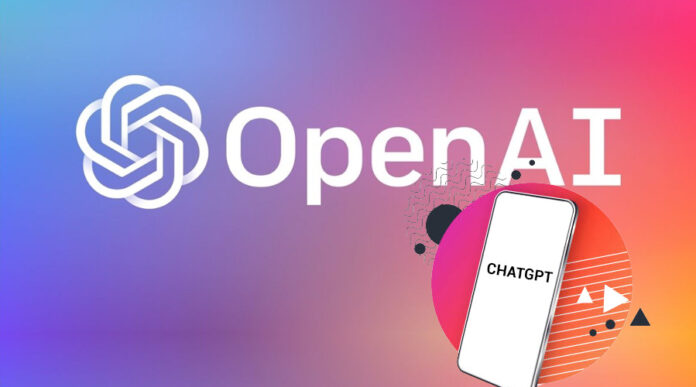UN Study: AI Expected to Enhance Jobs Rather Than Eliminate Them
TECHDIGEST – A recent report from the United Nations highlights that Artificial Intelligence (AI) is more likely to enhance job roles rather than render them obsolete. Amid concerns about AI’s impact on employment, the study reveals a positive outlook.
November witnessed the introduction of ChatGPT, a cutting-edge AI platform with the ability to perform intricate tasks on command, marking a significant technological milestone and signaling potential transformations in the workforce.
In a comprehensive analysis conducted by the United Nations’ International Labour Organization (ILO), the study explores the influence of platforms like ChatGPT on the quantity and quality of jobs. It concludes that most professions and industries will only experience partial exposure to automation.
According to the ILO, the majority of job roles are “more likely to be supplemented by the latest wave of Generative AI, like ChatGPT, rather than replaced.”
The study highlights that the most significant impact of this technology is likely to be in altering job quality, particularly in terms of work intensity and autonomy.
It’s important to note that the effects of AI will differ significantly across various professions and geographic regions. The study raises a concern that women are more prone to job displacement compared to men.
READ ALSO: NITDA Committed to Creating Life-transforming Opportunities for Girls, Women in Nigeria
Among different job categories, clerical work is deemed highly exposed to technological advancements. Approximately 25% of tasks within this category are considered highly exposed, with over 50% of tasks having moderate exposure.
However, in occupations such as managerial and technical roles, only a small portion of tasks face high exposure. About a quarter of tasks in these categories experience moderate exposure, according to the ILO.
The study also points out that higher-income countries will bear the brunt of automation’s impact due to the prevalence of clerical and para-professional jobs in their employment landscape.
Data reveals that around 5.5% of total employment in high-income countries is susceptible to the automation brought by generative AI. In contrast, the figure is merely 0.4% in low-income countries.
Furthermore, the analysis finds that women are more susceptible to the effects of automation, with their representation in clerical work, especially in high- and middle-income countries, playing a significant role in this disparity.
















